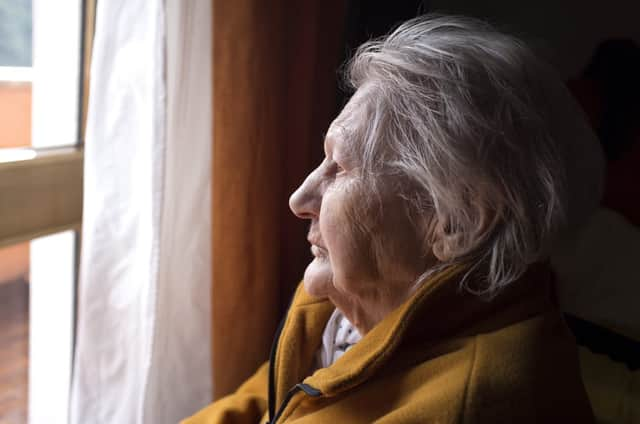The signs of 'cuckooing' explained - as vulnerable people are taken advantage of in their homes


Cuckooing is a term which is used to describe criminals who take advantage of a vulnerable person, using methods including threats of violence and abuse in order to take over their home and use it as a place to conduct criminal activity from.
Here’s what you need to know about cuckooing, including those that are most vulnerable and how to spot the signs.
What is cuckooing?
Advertisement
Hide AdAdvertisement
Hide AdAccording to Crimestoppers - who has launched a campaign in Essex to and prevent cuckooing - victims are often people suffering from addiction, the elderly, those suffering from mental or physical health problems, female sex workers, single mums and those living in poverty.
“Once they gain control, gangs move in with the risk of domestic abuse, sexual exploitation and violence. Children as well as adults are used as drug runners,” said Crimestoppers.
It is also common for gangs to have access to several addresses and move quickly between vulnerable people's homes, using them for a few hours or days. This is done in order to help people evade detection.
They may also use accommodation in rural areas, including serviced apartments, holiday lets, budget hotels and caravan parks.
Advertisement
Hide AdAdvertisement
Hide Ad“Some vulnerable adults may be forced to leave their homes, making themselves homeless and leaving the gangs free to sell drugs in their absence,” added Crimestoppers.
What are the signs of cuckooing?
According to Crimestoppers, signs that 'cuckooing' may be taking place at a property include:
- An increase in people entering and leaving the property or doing so at odd times- An increase in cars or bikes outside- Possible increase in anti-social behaviour- Increasing litter outside- Signs of drugs use- Lack of healthcare visitors
According to Healthwatch Central Bedfordshire, signs of cuckooing can also include a change in the behaviour of the resident, for example if they stop engaging with family, neighbours or support services, or appear anxious or distracted.
Advertisement
Hide AdAdvertisement
Hide AdAnother sign could also be if the front door of the property appears to have been damaged.
How can I report it?
If you have any suspicions or information about cuckooing taking place then you can let Crimestoppers know by calling 0800 555 111 or using the non-traceable online form. You will remain anonymous.